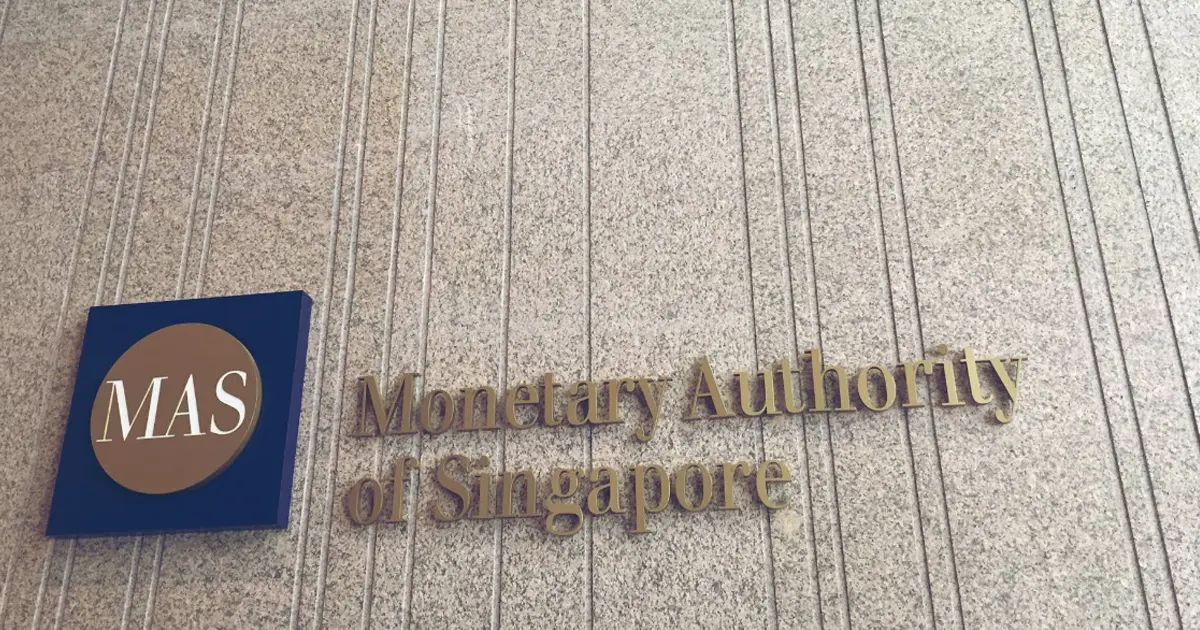24-6-2025 – The Monetary Authority of Singapore (MAS) has unveiled stringent regulations targeting cryptocurrency firms serving international markets. By June 30, 2025, all digital token service providers (DTSPs) based in Singapore must secure a dedicated licence or halt their overseas operations entirely. Failure to comply carries severe consequences, including fines of up to S$250,000 (equivalent to US$200,000) and imprisonment for up to three years.
Key requirements under the FSM act 2022
The new rules, enshrined in the Financial Services and Markets Act (FSM Act 2022), leave no room for ambiguity. Singapore-based entities—whether individuals, companies, or partnerships—offering digital token services to foreign clients must either obtain a DTSP licence or cease cross-border activities. The MAS has made it clear that regulatory loopholes will no longer be tolerated. Section 137 of the FSM Act explicitly states that any business incorporated in Singapore is deemed to operate from the city-state, regardless of where its customers are located. This decisively closes off attempts by firms to exploit Singapore’s jurisdiction while evading oversight in foreign markets.

Driving this crackdown is Singapore’s determination to stamp out regulatory arbitrage, where crypto firms leverage the city’s reputation as a crypto-friendly hub to operate unchecked abroad. The MAS is resolute in safeguarding financial integrity and reinforcing Singapore’s standing as a trusted global financial centre. To qualify for a DTSP licence, companies must demonstrate robust anti-money laundering (AML) and counter-financing of terrorism (CFT) measures, ensuring only those with impeccable compliance standards can continue serving international markets.
No grace period: Firms must act now
Notably, the MAS has set a hard deadline with no grace period or phased transition, underscoring the urgency of compliance. However, firms already licensed under existing frameworks—such as the Securities and Futures Act, Financial Advisers Act, or Payment Services Act—are exempt from the new licensing requirement, provided they meet the necessary conditions. This uncompromising stance sends a powerful signal: Singapore will not allow its crypto-friendly image to be misused. The city-state is doubling down on its commitment to rigorous oversight, ensuring that its financial ecosystem remains a beacon of trust and accountability on the global stage.


